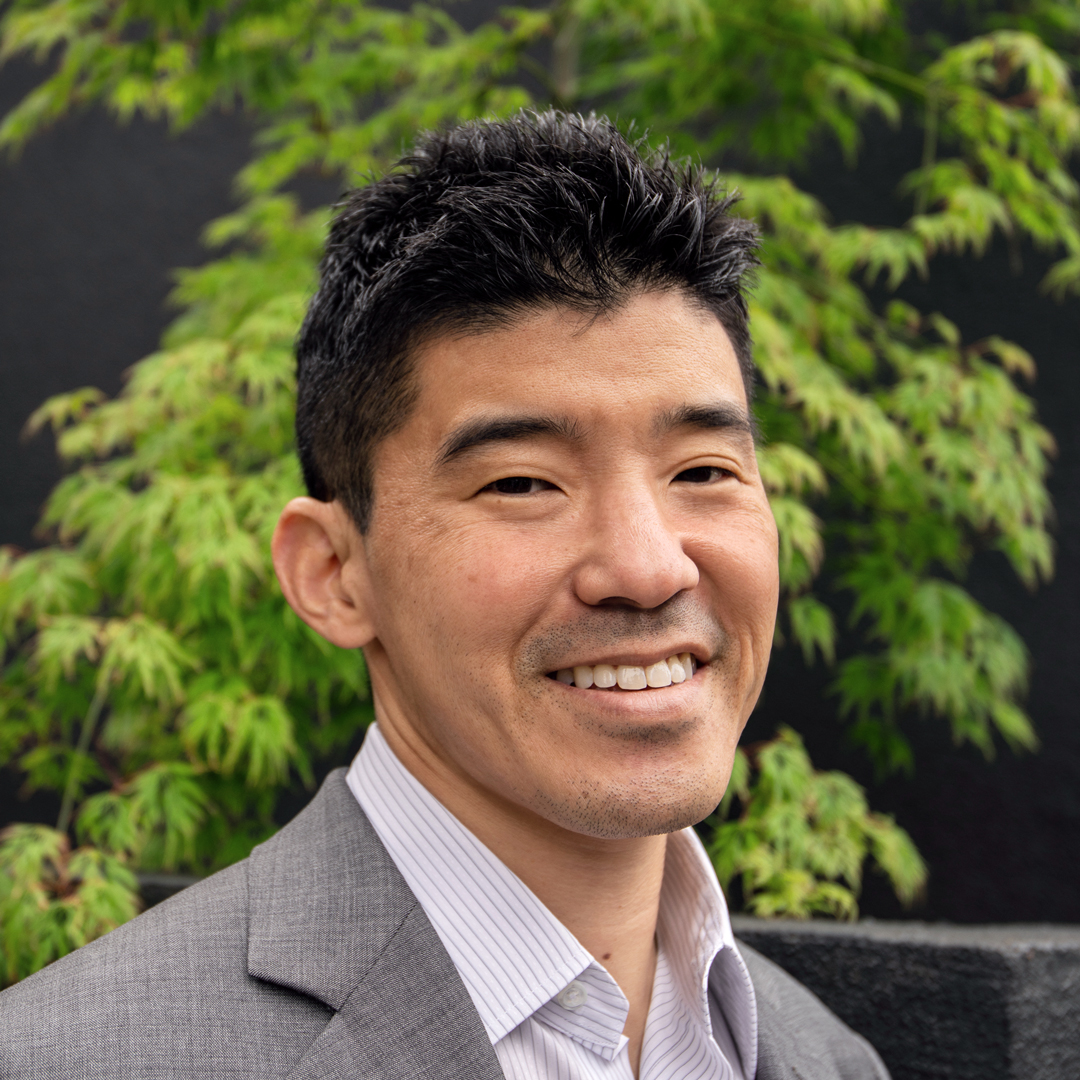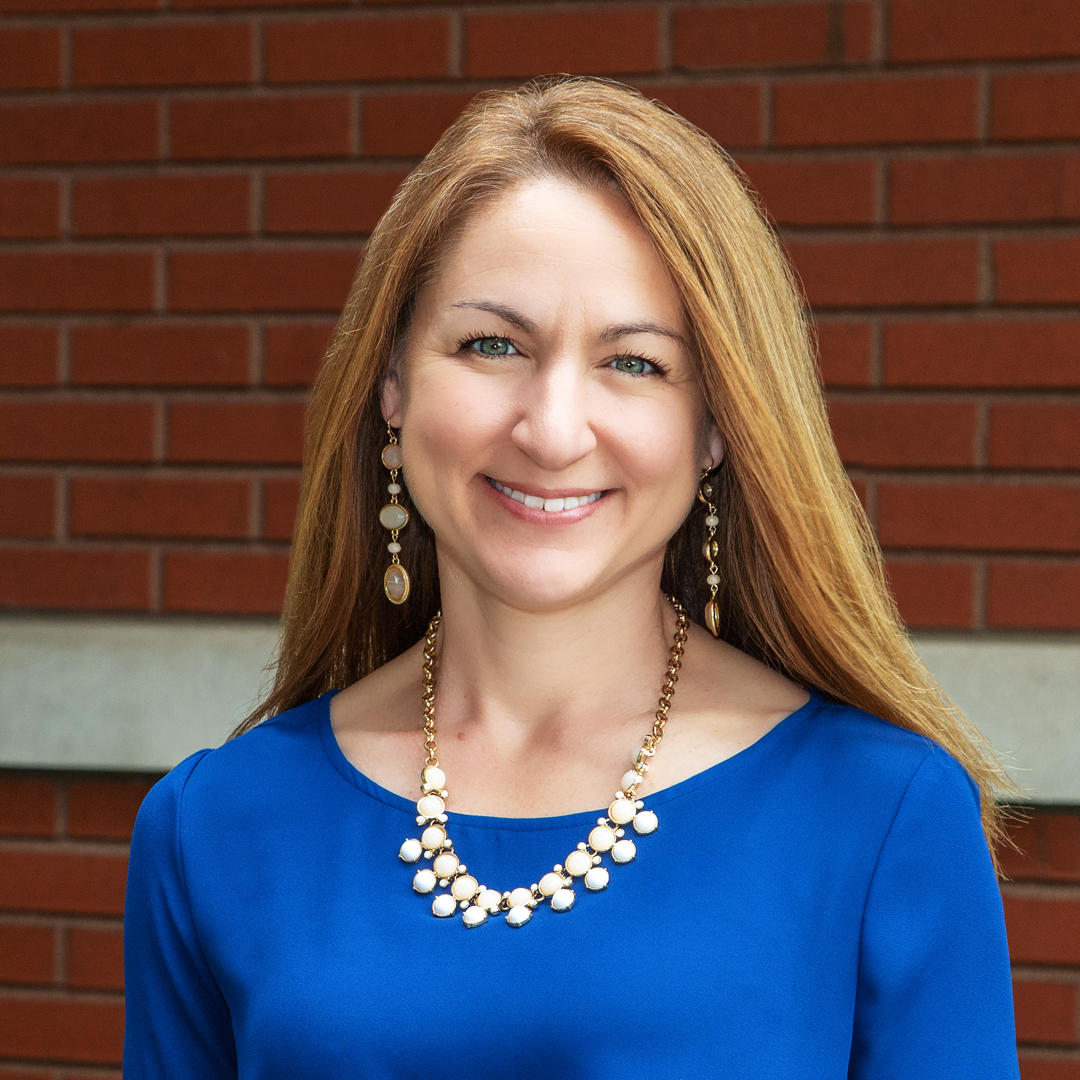No matter how well a person feels they know a city, there’s nothing quite like standing at a window forty-one stories up. The perspective is dizzying: random dots of experience and memory suddenly pulled together in arcs and lines. After spending her childhood in Chicago, Maya Bordeaux now spends every day at the office hundreds of feet above it—offering a new vantage point from which to view her own remarkable career, as well as the careers of hundreds of others. Just as important, though, is the love, care, and passion that it takes to look closely, to stand face-to-face with people in times of achievement and suffering alike. As chief human resources & communications officer for Tribune Publishing, Bordeaux uses both perspectives to engage and empower employees across the country.

Born and raised in Chicago, Bordeaux left Chicago at the young age of eighteen to move across the country to California. She got married, transferred to San Diego State University, and also took her first job in HR. “I was a teenage bride; I needed to work,” she says. While scouring the local newspaper want ads, Bordeaux found an HR assistant role. She’d never considered the field, but knew she had the administrative skills that the posting required. However, after gaining a first-hand look into what the role could actually accomplish for others, Bordeaux knew this would be far more than a temporary job to make ends meet. “The primary focus is helping people, and that is truly at the core of who I am,” she says.
After finishing college, Bordeaux considered a career as a lawyer, looking for the best way she could help others. But after her first year of law school and working in the field, she found herself drawn to an HR role at a law firm. For the longterm, the legal field wasn’t the right fit, but Bordeaux knew she could take her experience, academic background, and passion for people and find a way to make them work together to help others. “There’s so much about the law and the workplace that intersect, which you must know in human resources,” she says.
In 2002, Bordeaux joined the University of Chicago Medical Center, spurred on by her constant drive to learn. In addition to leveraging her legal and HR background, she gained a new understanding of unions and labor relations. In just six years she was promoted multiple times, eventually becoming vice president of HR. “I came in with the plan to negotiate labor contracts for the hospital, but my role kept expanding,” she says. She then spent nearly seven years at NorthShore University HealthSystem, utilizing those skills in support of ten thousand employees across four hospitals, three hundred medical offices, and home health services. “In addition, during my time there, we acquired thirty-five different private practices and integrated them into our healthcare system,” she says.
Bordeaux next took on a role at the McDonald’s Corporation as senior director, US human resources, expanding those perspectives to an even larger organization. However, McDonald’s conversely was looking at divesting parts of the company by selling corporate-owned franchises. “I learned the bulk of what I know at those two employers about acquisition and divestiture processes. And each time, I was focused on the people,” she says.
While diversity and inclusion had been an aspect of her HR work at every stop, she first served on a diversity council at the University of Chicago Medical Center. It first became an official part of her job responsibilities at NorthShore, where she was named chief diversity officer in addition to VP of HR. In that role, Bordeaux designed and led the company’s first systemwide diversity and inclusion strategy and programs. Because of the massive scope of the company—both in number and project type—Bordeaux immediately made diversity and inclusion a major part of her work at Tribune Publishing. “People joke and call me the queen of diversity. There is no demographic that I cannot connect with,” she says. “The primary reason that people leave companies is because of their manager, but it is always my top priority that employees feel valued, rewarded, appreciated, and inspired. I’m named after Maya Angelou, and there’s a quote of hers that I use as my life mantra: ‘People will forget what you said, people will forget what you did, but people will never forget how you made them feel.’”
One month into her tenure at Tribune Publishing, Bordeaux met with the CEO and board to set ambitious goals around diversity and inclusion. As a primary goal, the executive team determined that the company will significantly increase and measure its recruitment of diverse talent over the next two years. That begins, she explains, far earlier than the standard journalism school recruiting programs; instead, Tribune Publishing is reaching out to high schools with racially diverse students to encourage them to consider journalism as a career. As for college-aged students, Bordeaux is ensuring that recruitment efforts go beyond the standard scope and additionally look at historically black colleges and universities, and her team works closely on recruitment with groups such as the National Association of Black Journalists, National Association of Hispanic Journalists, and Asian American Journalists Association.
Rather than merely recruiting, Bordeaux is ensuring that all of the properties in the Tribune Publishing network can offer the best and bring the best out of a diverse population of employees. Diversity and inclusion in and of itself, she adds, is a big part of retention. “It’s critically important for people to understand the power and importance of diversity and inclusion,” she says. “It’s not about quotas and numbers; diversity helps create the most high-performing and innovative teams, and that just makes good business sense.”
“I’m named after Maya Angelou, and there’s a quote of hers that I use as my life mantra: ‘People will forget what you said, people will forget what you did, but people will never forget how you made them feel.’”
As a whole, the diversity and inclusion strategy that Bordeaux designed for the executive team and board was based on four strategic pillars: communication, education, audience, and infrastructure. In order to bring the entire company together behind the importance of diversity, they had to first make sure everyone understood exactly what diversity means at Tribune. Bordeaux strives for diversity to become a part of the organizational DNA, to bring the topic into every business decision through continuous discussion and education.
“We are very intentional about celebrating diversity,” Bordeaux says. For example, her employee communications team rolls out companywide monthly correspondence about diversity, such as a memo about the contributions of Martin Luther King Jr. on his January holiday, a celebration of women journalists in March for Women’s History Month, and the June Pride communication, celebrating the contributions of LGBTQ+ journalists. Moreover, she wants to make sure that regularly sharing this information shows how those achievements relate to the company’s day-to-day work, to make it personally relevant to all employees.
That mind-set, paired with a wealth of experience and knowledge, has made Bordeaux a sought-after expert for speaking engagements far and wide. She’s spoken at the American Health Lawyers Association’s national conference, addressed the Senate’s Workforce Development Committee on Capitol Hill, and completed other high-profile appointments. But Bordeaux always remains focused on the people more than the grandiose headlines. While proud of her achievements, Bordeaux is forward-focused, most excited to discuss the diversity and inclusion strategy at Tribune Publishing—the mentorship, internship, and buddy programs, as well as the D&I ambassador-led employee resource groups that recently launched.
“I am constantly thinking of ways to help employees, making sure that they feel we are invested in them and in the successful progression of their career,” she says. “We are committed to a good work-life balance for our employees and have flexible time off policies, but if I can’t sleep, I’ll get up at 2 a.m. to respond to emails. There are always matters waiting for me and something I can work on to enhance our employees’ experience.”

